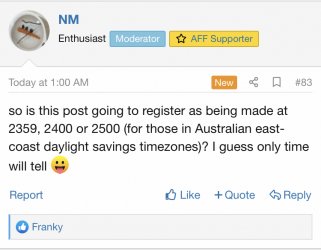In my experience, while the 24-hour system is universal or at least a daily part of life in most countries, it's rarely used when spoken orally.
That at least holds true for the countries I've lived and worked in: Australia, Canada (both in and out of Quebec), the Netherlands, Singapore, South Africa and Sweden. In each of those countries it's as if there is just an instinctive and automatic mental shift whereby people will say the time out loud as a 12-hour figure even if reading it written as a 24-hour figure. Presumably that's simply because clocks traditionally were not digital and it was simply assumed and understood when spoken live whether the current time or event being discussed was in the day or night.
In Canada, people understand the 24-hour clock without issues, but a clear preference of not just saying but also writing AM/PM definitely prevailed in both work and personal settings everywhere except Quebec.
Of the rest, I've almost never heard anyone outside very formal/transport settings refer to 16:40 out loud as "sixteen forty."
Frankly, I feel like many of my colleagues in Sydney would find me pretentious or foreign if I suggested we go to lunch at "thirteen thirty."
Similarly, in an earlier example where the bizarre Dutch approach to telling time was mentioned, I would have always heard or said 16:40 in Dutch as "ten over half five in the afternoon", or, at a train station or airport, spoken aloud over the intercom as "sixteen hours forty." But never "ten over half seventeen."
Likewise in Sweden, even the evening news would be presented as "quarter before five" but written as 16:45.
ETA: which brings me to a question: in what countries is the 24-hour system used orally as the prevailing default in daily work or personal settings?
















